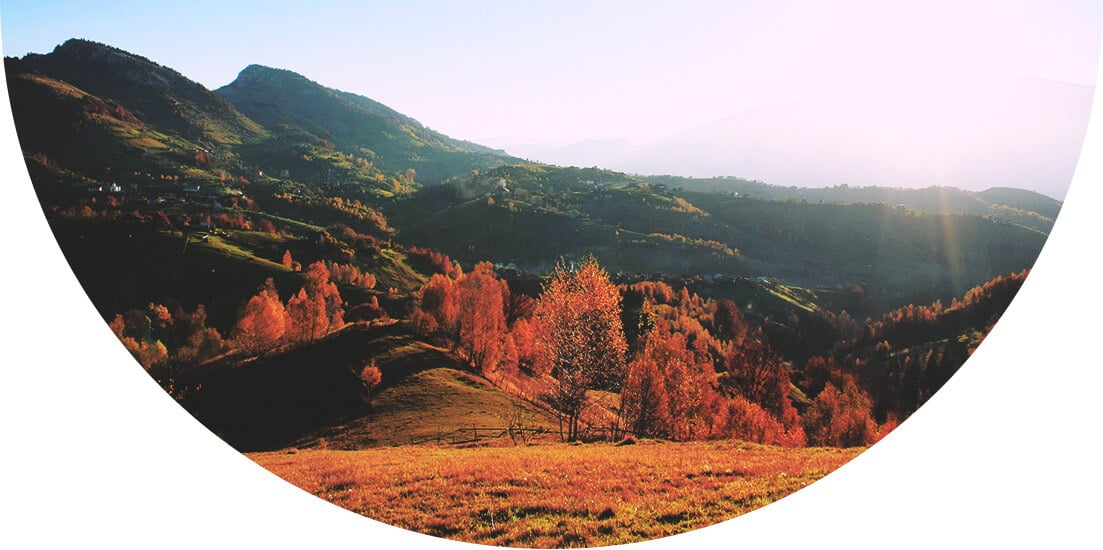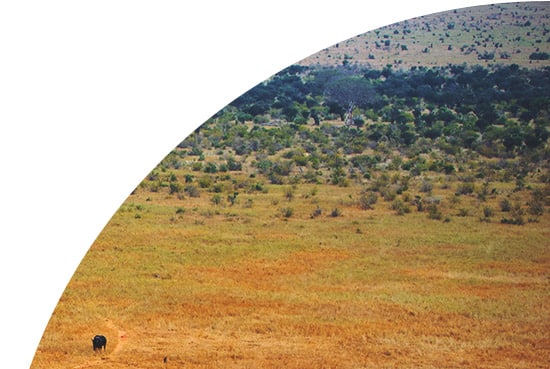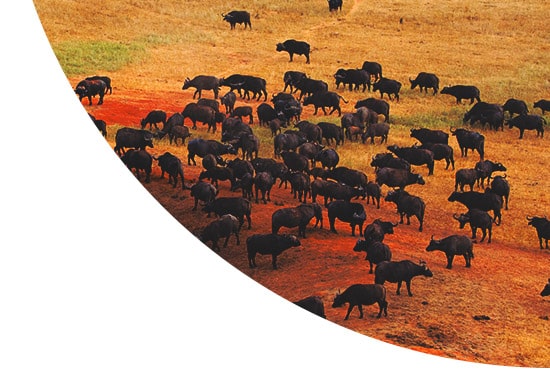Rift Valley fever (RVF) is an acute, fever-causing viral disease that usually affects domesticated animals (such as cattle and sheep), but can also infect and cause illness in humans. The majority of human infections are caused by direct or indirect contact with the blood or organs of infected animals.


Travel Vaccinations for Guinea
Recommended Vaccines for Guinea
The level of protection needed depends on your medical history and travel itinerary. Book now to get a personalised recommendation from our specialist travel nurses. The consultation costs £20 plus any vaccines you decide to take.
Flexible appointments with no upfront payment
Book Now
Destination Information for Guinea
The wild landscape of the former French colony of Guinea is often overlooked by travellers who are potentially put off by the instability and health risks following the recent Ebola crisis. Those who want to explore an area of Africa unspoilt by tourism, however, will find natural beauty and stunning landscapes. The capital city, Conakry, is the easiest place to get to, offering lively nightlife, markets, bars and restaurants, and from here you can take a ferry to the small archipelago of Iles de Los, with sandy beaches and a calm, relaxed feel.
There’s very little infrastructure in Guinea, which is why most travellers don’t stray far from Conakry on the Western coast of Africa. For determined explorers, you can find basic places to stay, from which to visit incredible vistas, waterfalls and cliffs, with superb hiking opportunities. The coastline tends to be the most hospitable part of the country, with beautiful beaches, and more useable roads to aid your journey. As with the people in most of West Africa, the locals are friendly and welcoming, and will often invite visitors to eat at their home.
Infections and Outbreaks frequently change from country to country and by attending our clinics you will be given the most up to date clinical and safety advice from our team of specialists. Our advice to you often includes aspects such as:
- Food and water hygiene
- Insect and animal bite avoidances
- Personal safety
- Sexually transmitted infections
- Sun protection
- Altitude sickness
Malaria and regions within country:
There is a high risk of P.Falciparum malaria throughout the entire country of Guinea and anti-malarial medication is advised.
Additional Health Risks Information for Guinea
If you’re planning a trip to Guinea, you should be aware that local elections are taking place during 2017, so there may be protests and demonstrations going on. These events should be peaceful, but there is always the potential for unrest and escalating violence, so stay away if possible. There are regular reports of crime in the country, particularly targeting those travelling by road. Plan your route carefully if you’re driving, and stick to main roads avoiding rural areas when you can.
The weather conditions during the rainy season from May to October can also make travelling by road difficult, with flash flooding and landslips a possibility. Roads and cars are not well maintained, and the standard of driving is low. If you’re travelling by car, take plenty of food and fuel for your entire journey, and consider forming a convoy with other vehicles. Guinea Bissau is high risk for malaria and Yellow fever, it is advisable to visit a Travel clinic to get the necessary vaccines, medications and advice before you travel.
Healthcare in Guinea is basic. Facilities are poorly equipped and unable to deal with major illnesses. If you are seriously injured or unwell medical evacuation may be necessary, so ensure that your travel insurance will cover this if required. Take a good supply of any prescription medication you may need for your entire trip, along with a medical kit of basic supplies so that you can self-treat any minor ailments. You may be able to find a pharmacy in Conakry, but you should not rely on any form of treatment or facilities being available to you whilst in Guinea. Guinea was included in the countries affected by the outbreak of the Ebola virus. It has now been declared transmission free by the World Health Organisation.



